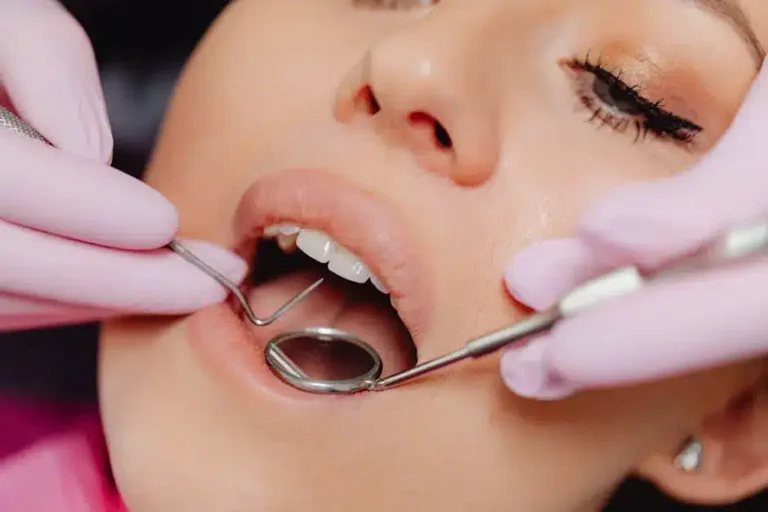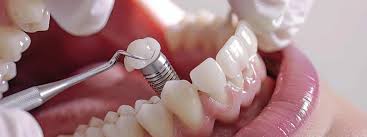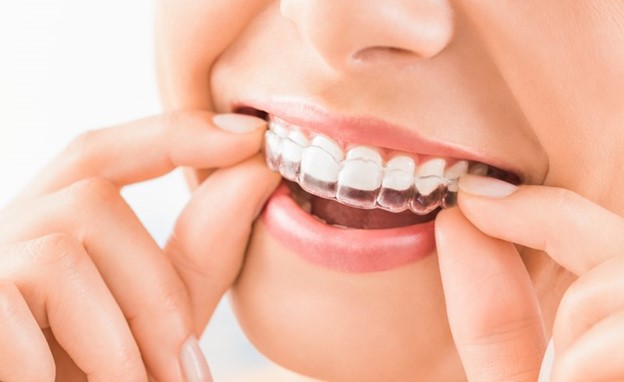Urgent Dental Care: How to Handle Common Dental Emergencies

Dental emergencies can occur unexpectedly, causing significant discomfort or distress. Knowing how to respond in these situations offers practical solutions, while waiting for urgent dental care is helpful. Here is more information on appropriate responses for different dental emergencies, broken down into manageable steps:
Managing Toothaches
Identifying the cause of tooth pain starts with an urgent dental appointment. Tooth pain is often caused by decay, infections, or lodged debris between teeth. Begin by rinsing your mouth with warm water to clean the area. If swelling occurs, apply a cold compress to the outside of your cheek near the affected tooth. This helps reduce inflammation and provides temporary pain relief.
Look for any visible debris or food lodged between your teeth. Use floss to gently remove it, avoiding sharp objects as they can damage gums. Over-the-counter pain relievers can also alleviate discomfort, but products containing aspirin should not touch the tooth or gums since direct contact may irritate soft tissue further. If the toothache persists after these steps or if signs of infection, like fever or swelling that spreads to the jaw, are present, contact your dentist as soon as possible. Understanding the cause of the pain allows for effective treatment and prevents worsening conditions.
Addressing Lost Teeth
A cracked tooth warrants immediate attention to prevent further complications. If part of a tooth breaks off, rinse your mouth and the broken piece with warm water. Save the broken piece and keep it moist in milk or in your own saliva. Apply gauze to stop any bleeding and hold a cold compress against your cheek to minimize swelling.
When a tooth is entirely dislodged, quick action increases the chance of saving it. Gently pick up the tooth by the crown, avoiding the root, to reduce potential damage. Rinse the tooth with saline or water, but do not scrub it or remove tissue fragments. Store the tooth in milk or a tooth-preserving solution to protect the root while seeking prompt dental care.
For children or individuals with baby teeth, determining whether the tooth is permanent or deciduous is necessary. A dentist can confirm whether reimplantation is necessary. Though reimplanting baby teeth is not standard practice, preserving the space for future adult teeth matters.
Handling Soft Tissue Injuries
Soft tissue injuries, such as cuts or lacerations to the lips, cheeks, or tongue, can result in significant bleeding. Begin by rinsing the area gently with a saline solution or warm water. Use a piece of sterile gauze or a clean cloth to apply pressure to the wound for 10-15 minutes. If bleeding persists, applying a cold pack externally to the affected area can reduce swelling and slow bleeding by constricting the injured blood vessels.
Inspect the wound for visible debris or foreign particles, but avoid probing the area aggressively. Use a small syringe or bulb with saline or clean water to flush debris without aggravating the injury. Minor injuries generally heal on their own with time, but deep or persistent cuts should receive attention from a dentist or healthcare provider. Be vigilant about signs of infection, including increased swelling, redness, or discharge from the wound.
Get Urgent Dental Care
Responding to dental emergencies effectively involves practical first-aid steps and timely measures that minimize damage or discomfort. Toothaches often require cleanliness, flossing, and temporary pain relief. Fractured or knocked-out teeth necessitate rinsing, storing correctly, and seeking help promptly. Soft tissue injuries benefit from gentle cleaning, pressure application, and swelling reduction through cold packs. For ongoing guidance and solutions, schedule an appointment with your urgent dental clinic.
- What to Expect When Visiting a Foot and Ankle Specialist
- Causes of PTSD
- The Link Between Plantar Fasciitis and Weight Gain: What You Need to Know
- How Pet Ownership Can Positively Impact Life with Fibromyalgia
- The Importance of Stretching and Flexibility in Sports Medicine
Dr. Emma Green is a health and wellness expert with over 10 years of experience in nutrition and fitness. Passionate about helping others live their healthiest lives, Dr. Green shares practical advice on wellness, nutrition, and sustainable living through LivingSpristine.






